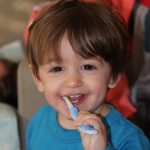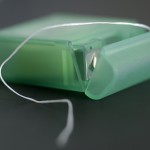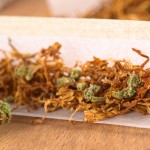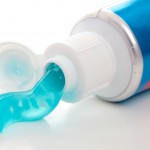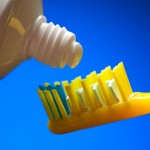
This review of the level of toothbrush contamination and the factors affecting contamination in the general population included 15 studies. The findings show that toothbrush contamination occurs after first use and rises with continuing use. However, there is little evidence of significant adverse events from current practices.
[read the full story...]